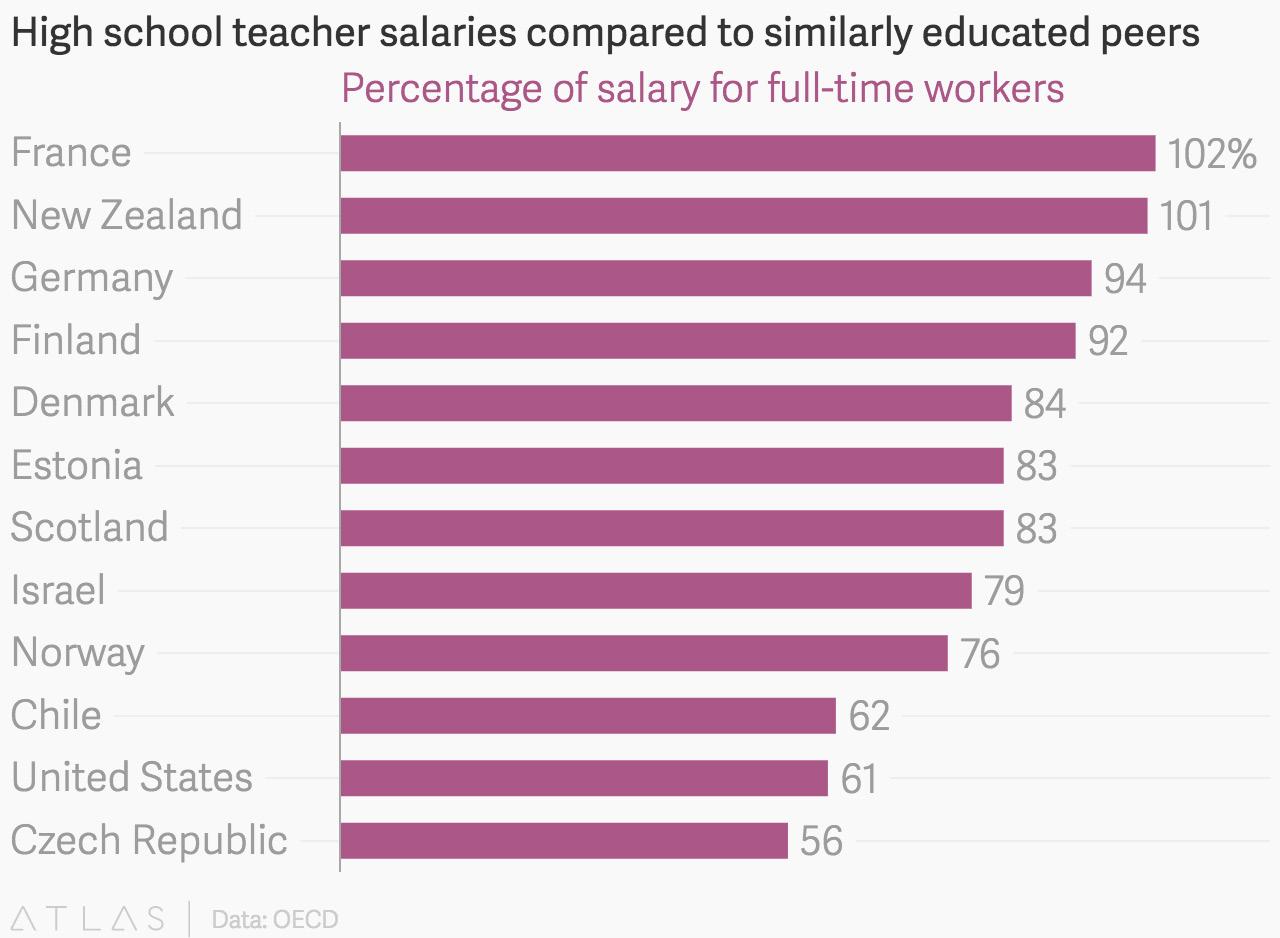
4 minute read
Inside Look: 2017 Maine Teacher of the year shares teaching tips
Inside Look
As a 32-year old mother of three, Tammy Ranger decided to go to college. She was the first person in her family to do so. Before entering college, Ranger worked as a waitress, cleaned houses and operated a home daycare. During college, she sometimes brought her young children to classes if she didn’t have a babysitter, and other times her children helped her demonstrate lessons for her methods classes. As she entered the education field, Ranger was determined to be like the outstanding teachers she’d seen in her own children’s classrooms. Today, Tammy Ranger stands in front of struggling readers as the 2017 Maine Teacher of the Year. Her personal story is nothing short of remarkable. What she’s doing in her classroom for her students is certainly life-changing.
“Every day I ask myself: If I were a child in my class today would I want to come back tomorrow? What did I learn? How did I feel? Was I engaged? What interested me?” Ranger said during a recent visit to her classroom. If Ranger doesn’t like the answers to any of her own questions she makes changes for the next day of learning. To an outsider, it is clear why Ranger received this prestigious award. But, like so many before her, she is extremely humble, crediting many others for her success.
“This is such a supportive school and district. They understand the importance of professional development, which was an enormous help in earning my master’s degree and National Board Certification,” Ranger remarks. That is certainly true, and right across the hall from her class at Skowhegan Middle School is Jennifer Dorman, the 2015 Maine Teacher of the Year. Still, there is a teaching skill in Ranger’s Language Arts class that is moving kids to make impressive reading gains.
“Most of the kids make multiple year’s growth in one year; we want them to close that gap,” said Ranger. So how does she do it? Ranger shared some of her strategies with Maine Educator during a recent classroom visit.
Groups & Trust
Ranger works in small groups with her students, reading passages aloud and leaving out key words for the students to read to her as a group. “By doing this, kids are engaged in the text,” says Ranger. While students work with Ranger they discuss key themes in the passage and share their thoughts. Ranger often does a pre-reading activity with the students to prepare them for the content they’re about to learn in their passage. She doesn’t just ask students to complete the assignment, she does it as well to model what the work should look like. On this day, the passage was about self-esteem and students were asked to share strengths and weaknesses, and then rate their overall self-esteem. Ranger told students, among other things, she was well organized, but needed to work on her patience. Her willingness to share clearly makes an impact on her student’s ability to learn. “Part of teaching for me is about building trust. The very first week of school I show a slide show to my students, which includes pictures of my house, my husband, my life. They’re more
open to me when they know more about me, and their willingness to share helps me know them, which makes it easier to find books they are interested in reading—an important piece of turning them on to reading. These early conversations form the foundation for a positive student-teacher relationship, which is critical for student learning,” said Ranger.
Read Aloud/Audio Books
While Ranger is working with one group at a table, another group is reading aloud and recording their reading. Ranger listens to the recordings each Sunday to check for fluency. Audio books are also used daily in Ranger’s class to support some students in their independent reading. The audio books have a narrator that keeps students engaged, asking relevant questions and summarizing events throughout the story. “Having a classroom library filled with highquality, engaging books is another critical component of helping students grow as readers,” says Ranger.
Honesty
“One of my beliefs about teaching is to be transparent with the students about their reading level and progress. The students need to know where they currently are, what “grade level” reading is, and the size of the gap we need to close. It’s a difficult, but important conversation. They see the gap, and I say to them: ‘I’m going to stand shoulder to shoulder with you and we’re going to close this gap together.” Ranger shows students how to set reading goals, and throughout the year the students track their growth. “The approach”, Ranger says, “is a motivator to help students improve their reading to achieve grade level status, and to build confidence and agency within each student.”
As Teacher of the Year, Ranger is committed to eliminating barriers to learning. She’s hopeful to share the success stories of her students, despite the obstacles, including the effects of poverty that impact many of her students. “Being Teacher of the Year for me is about serving, and that’s a high priority for me. I can get on board for advocating for kids and teachers,” said Ranger.










